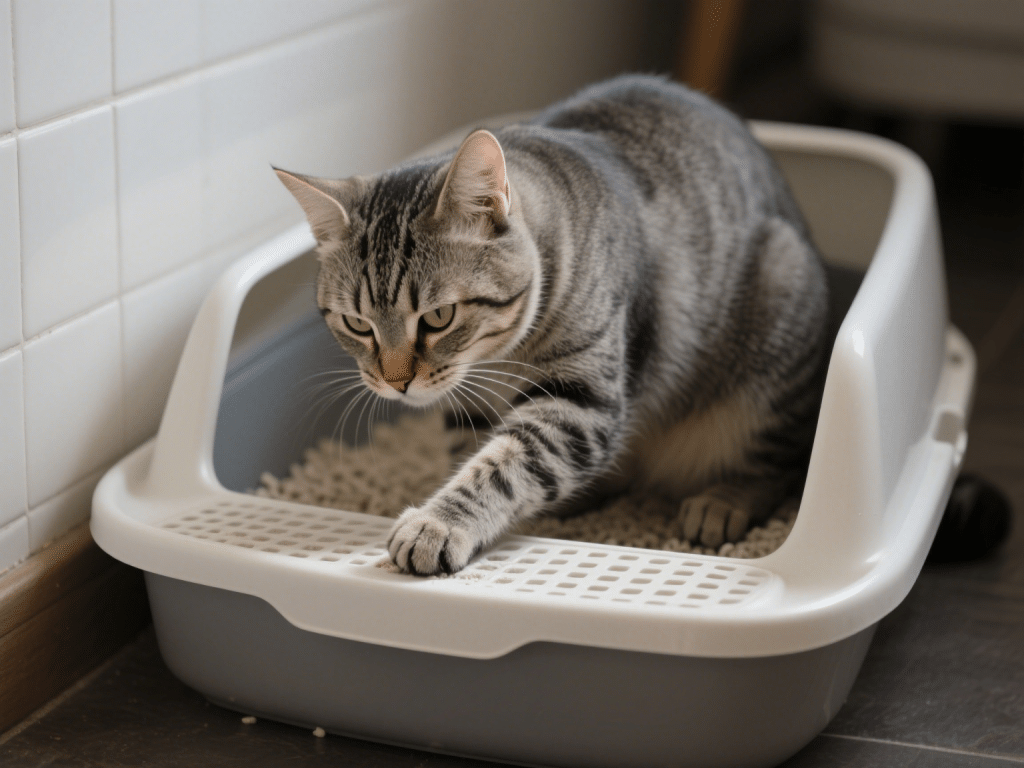
The Hidden Reasons Cats Bury Their Poop: Instincts, Territory, and Health
If you’ve ever watched your cat meticulously digging and covering in its litter box, you...

Just as humans can suffer from poor indoor air, our furry family members—especially birds, reptiles, and allergy-prone dogs and cats—are vulnerable to airborne irritants. As a pet health authority with extensive collaborations in veterinary pulmonology, I present a comprehensive strategy to optimize your home’s air quality, ensuring a healthier environment for every species you love.
HEPA filters capture 99.97% of particles ≥0.3 microns, including dander, pollen, and dust mites. For multi-pet households, position at least two portable HEPA units on opposite ends of your living space and run continuously on low to moderate settings.
While HEPA traps particulates, activated carbon filters adsorb volatile organic compounds (VOCs) from cleaning agents or aerosol sprays—common triggers for respiratory distress in birds and reptiles. Replace carbon inserts every 3 months.
Ideal humidity (45–55%) prevents mucous membrane irritation and inhibits mold growth.
Monitor: Use a digital hygrometer.
Adjust: Deploy humidifiers in dry climates and dehumidifiers in humid regions.
Plants like spider plants (Chlorophytum comosum) and Boston ferns (Nephrolepis exaltata) absorb formaldehyde and benzene. Ensure pots are out of reach to prevent nibbling by curious pets—some plants can be toxic if ingested.
Choose: Enzyme-based cleaners (safe for birds and cats).
Avoid: Phenolic disinfectants and bleach, which release harmful fumes.
Ventilate: Open windows for 15 minutes post-cleaning, even if weather is chilly.
Every six months, hire a certified HVAC technician to clean ducts and replace furnace filters with MERV-13 ratings. Clean vent covers monthly to minimize dust accumulation.
Observe pets for sneezing, wheezing, or lethargy. For chronic symptoms, consult a veterinary internal medicine specialist. They may recommend bronchodilators or prescription air purifiers.
Conclusion:
By combining HEPA and activated carbon filtration, humidity control, pet-safe plants, and non-toxic cleaning, you create a sanctuary for even the most sensitive animals. Consistent maintenance and professional partnerships ensure your home’s air remains refreshingly clean, safeguarding the health of all your beloved companions.

If you’ve ever watched your cat meticulously digging and covering in its litter box, you...
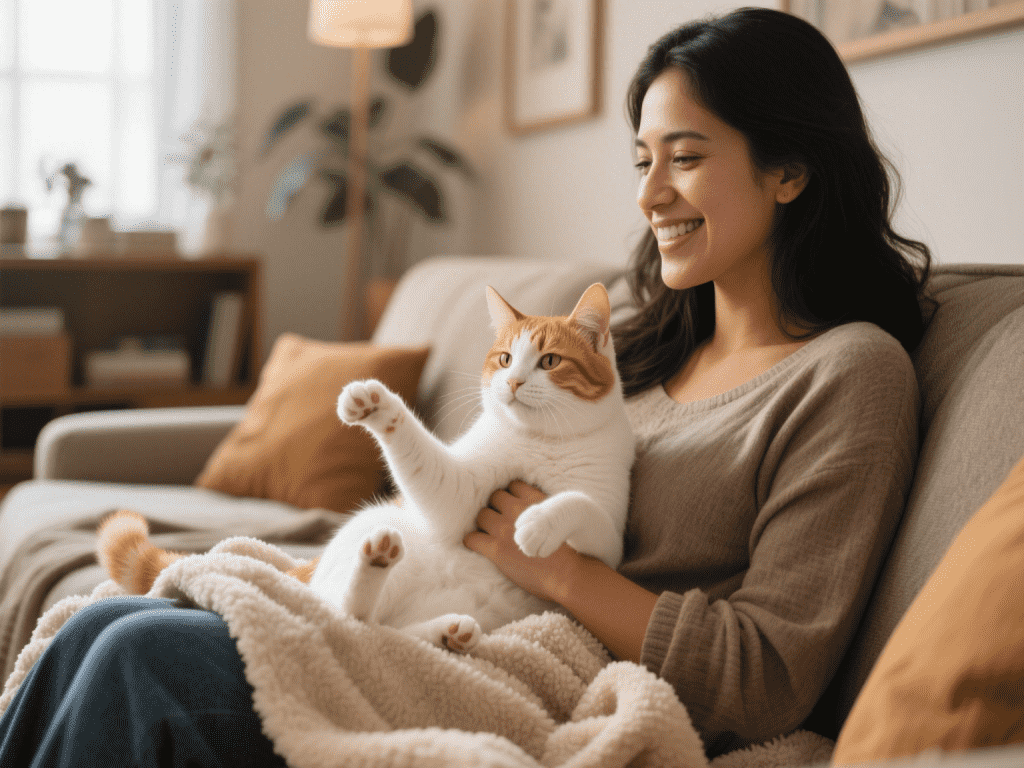
Kneading—or “making biscuits”—is one of the most endearing habits cats exhibit. As...
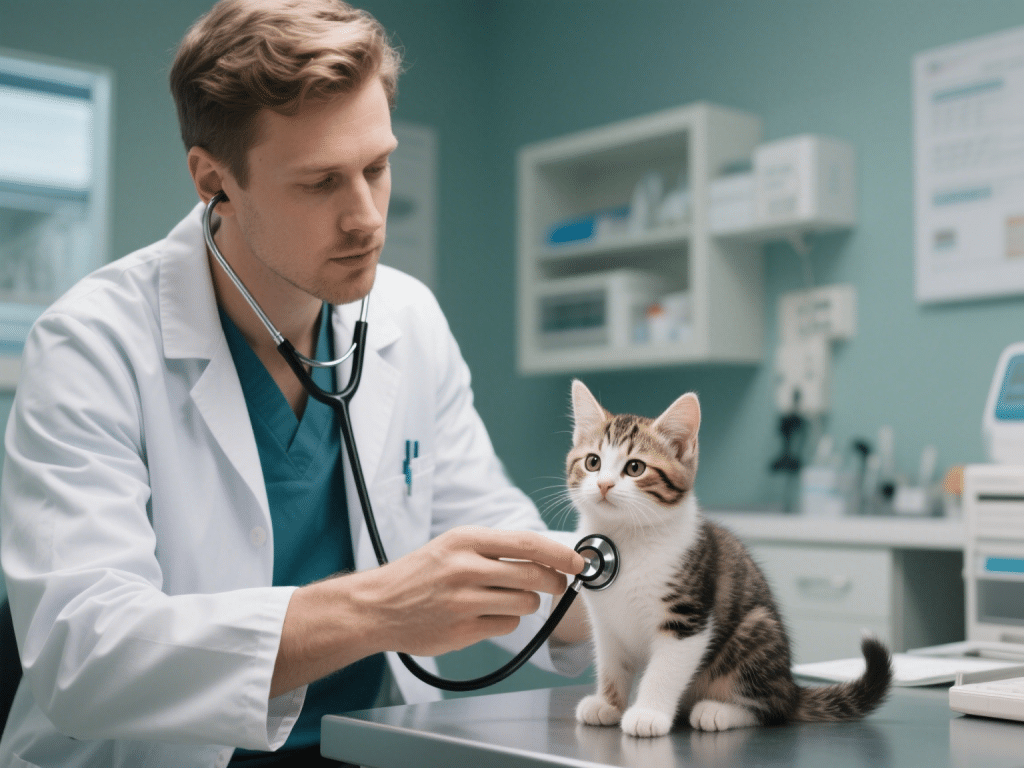
Working dogs—search and rescue, herding, sporting breeds—face unique hydration challen...
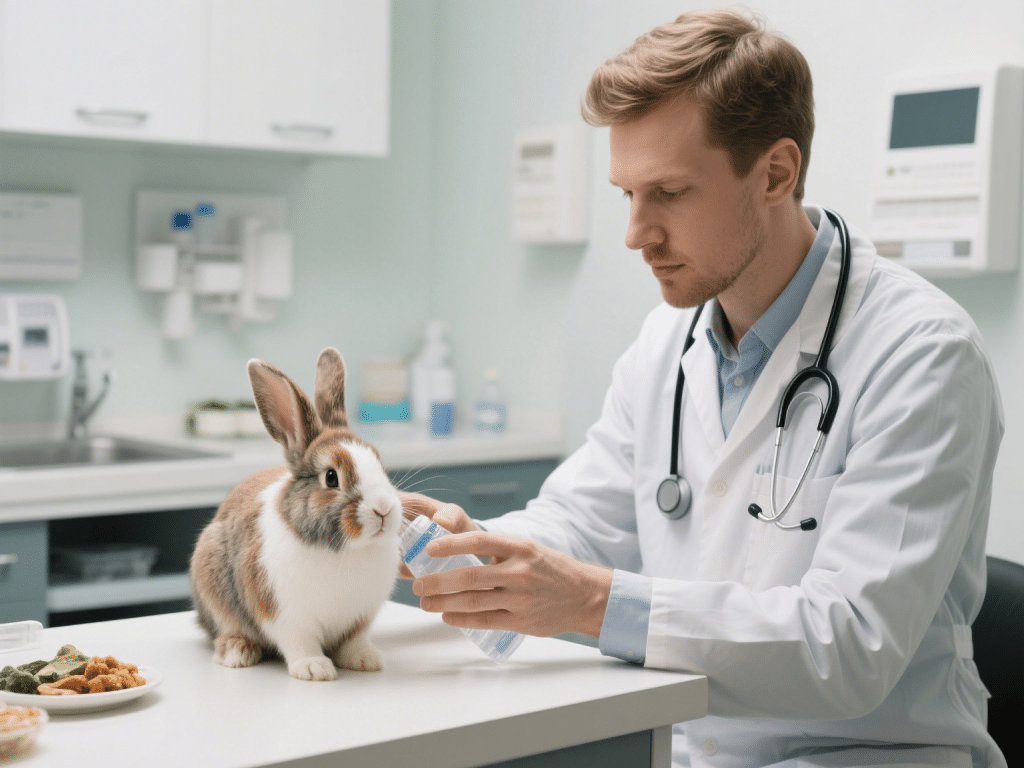
Urinary calculi—bladder stones—are a common issue in male rabbits, causing straining, ...
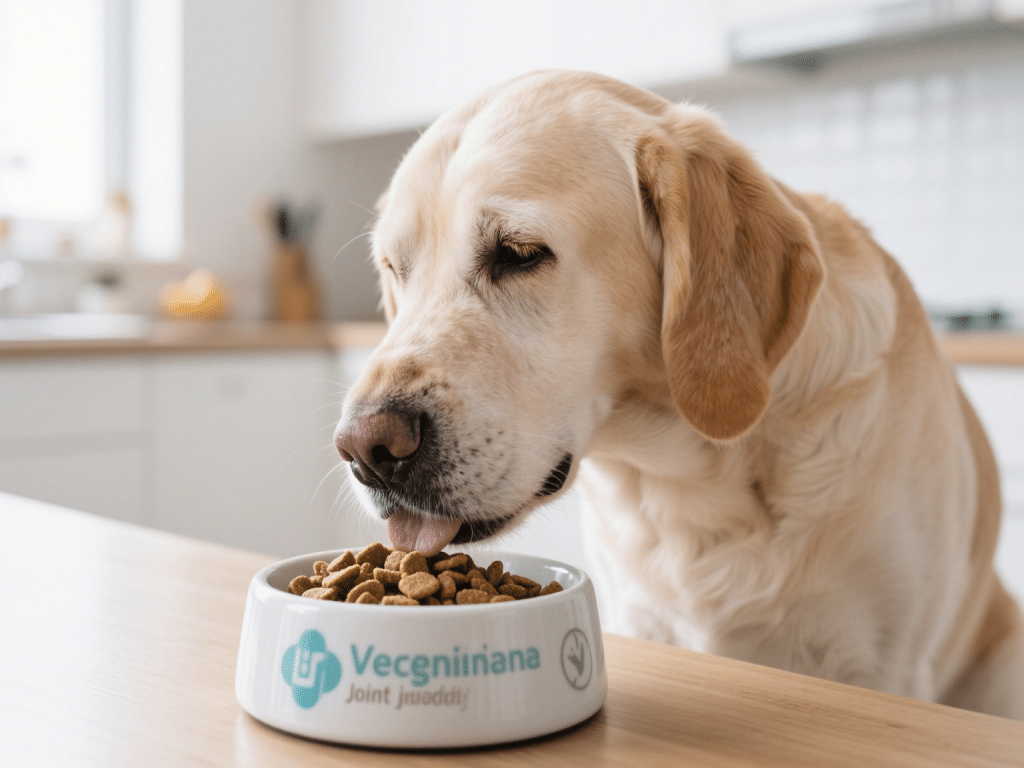
As dogs enter their golden years, their nutritional requirements shift—metabolic rate sl...
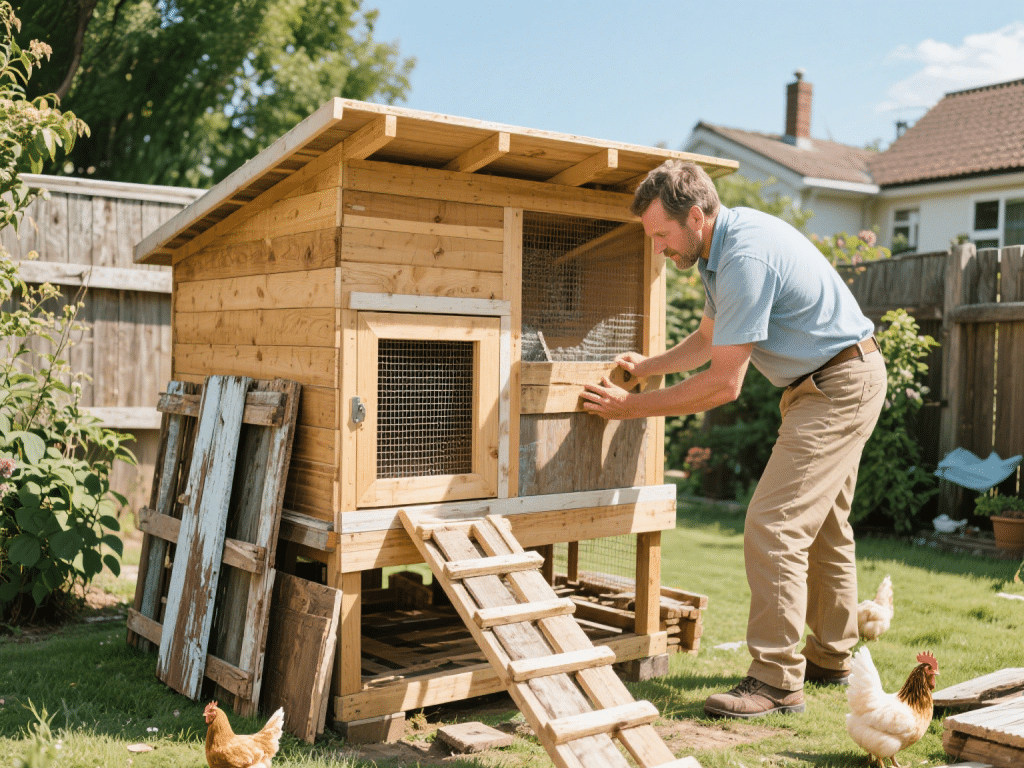
IntroductionRaising backyard chickens provides fresh eggs, pest control, and companionship...
Comments on "Optimizing Indoor Air Quality for Sensitive Pets" :